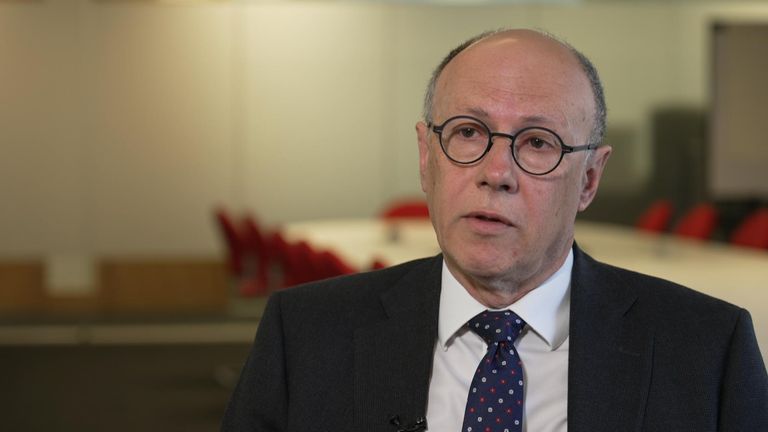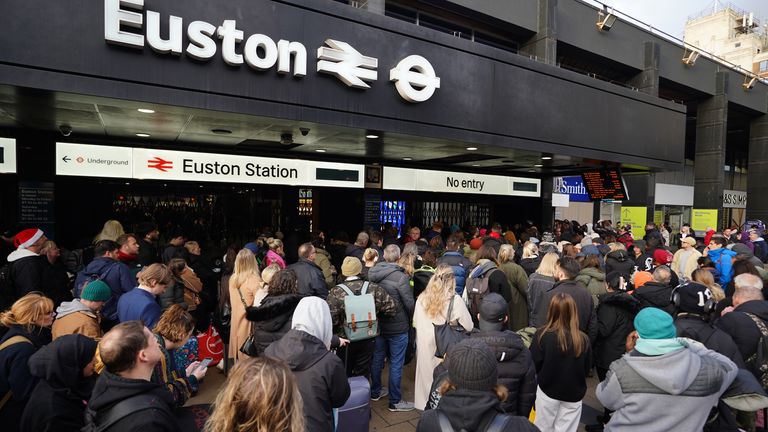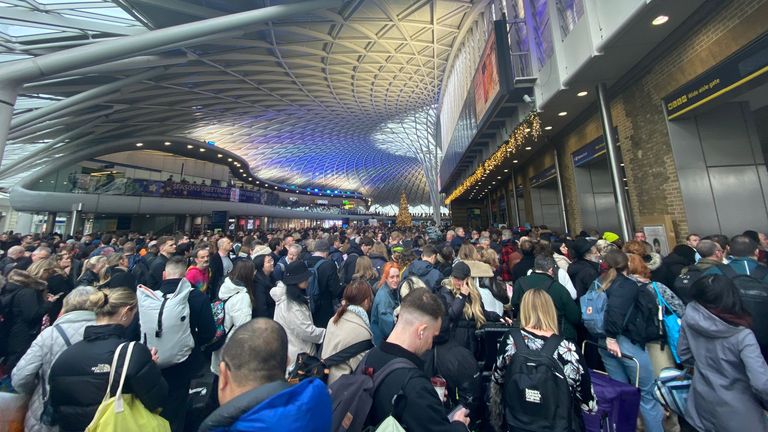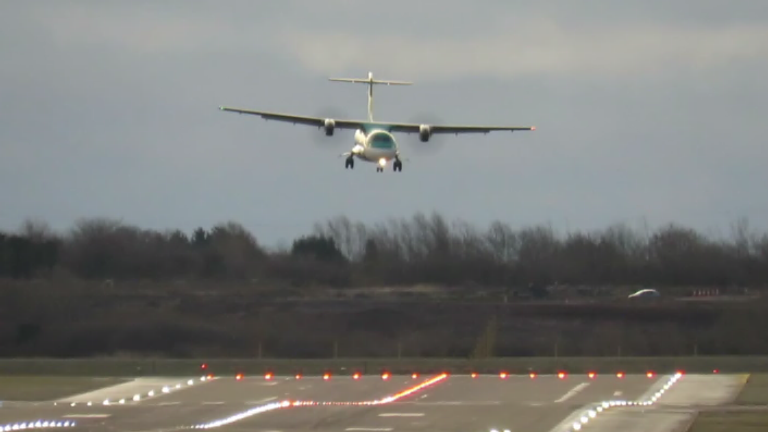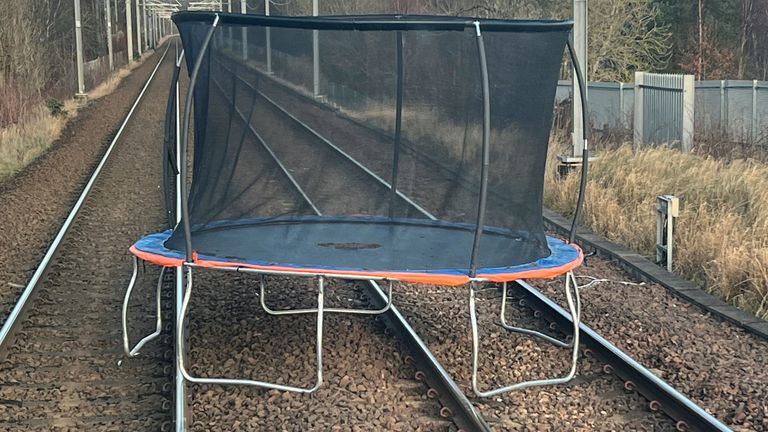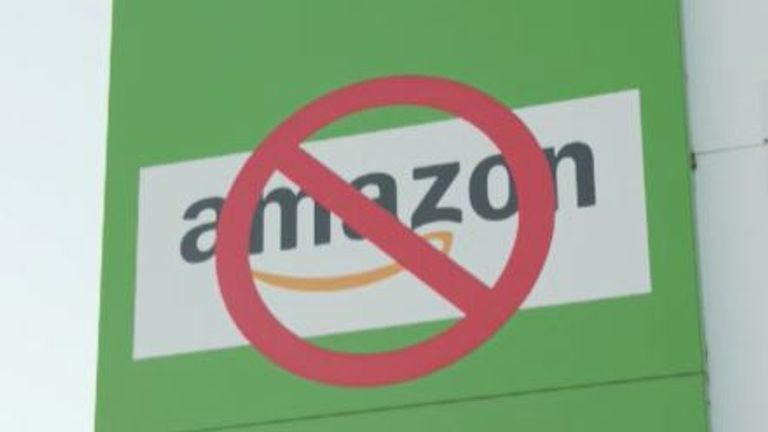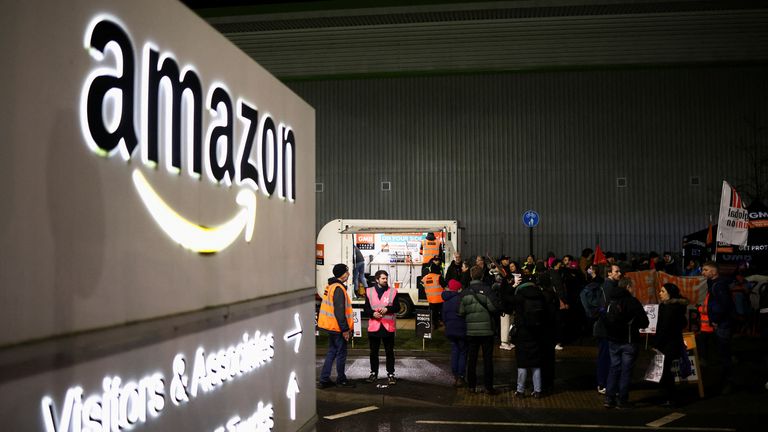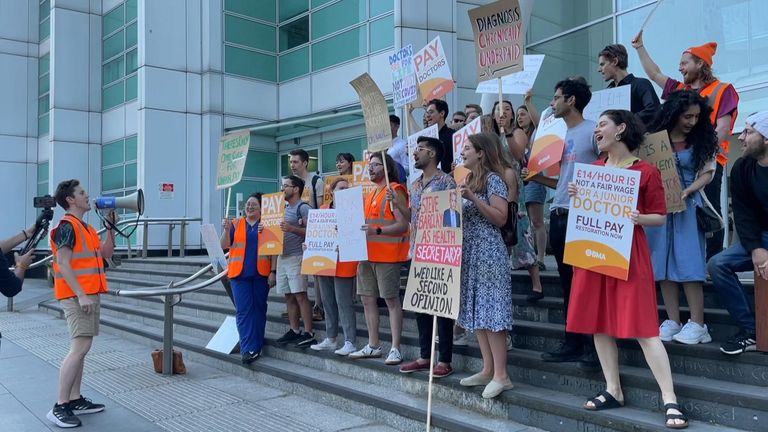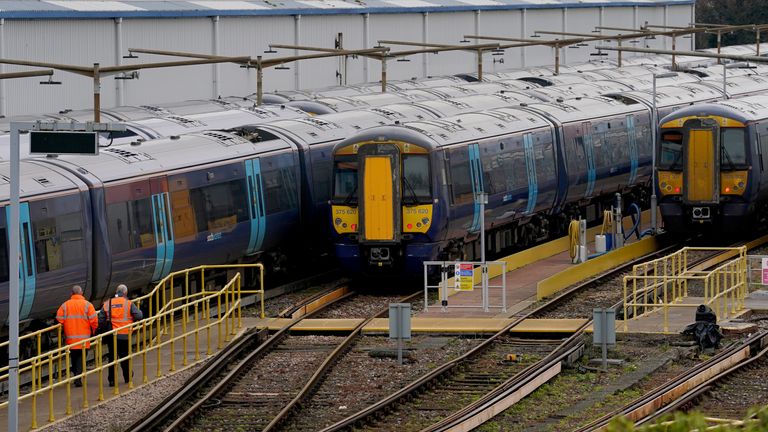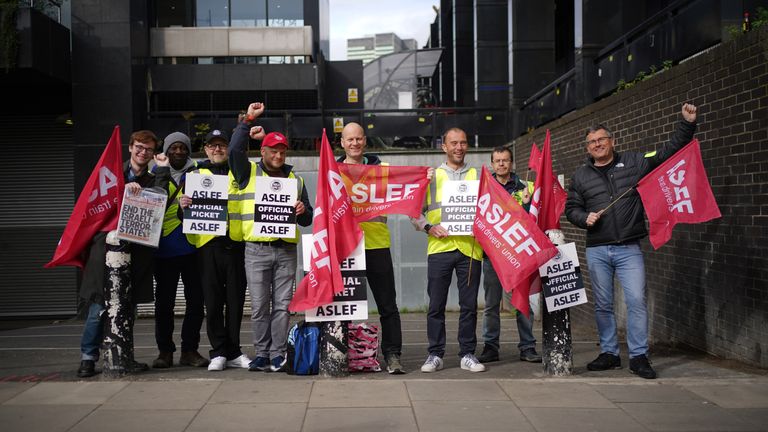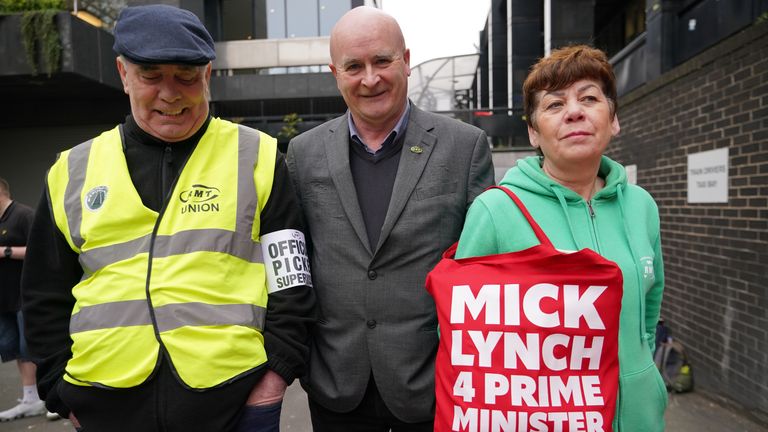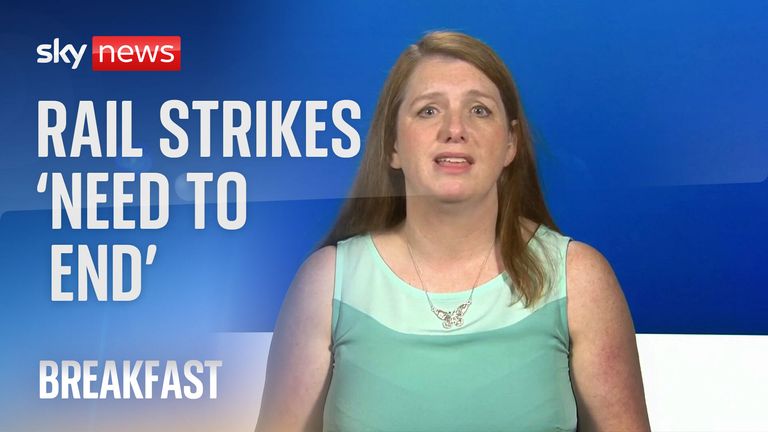NHS consultants in England accept pay offer to end year-long dispute and strike action | UK News
Senior doctors in England have voted to accept an improved government pay deal, bringing to an end the year-long dispute which had led to strike action.
The British Medical Association (BMA), a trade union which has been representing the consultants, put the offer on pay and conditions to its members, with 83% voting in favour.
The pay deal includes changes to a doctors’ pay review body and a 2.85% (£3,000) uplift for those who have been senior doctors for four to seven years, who under the original offer received no additional uplift, said the BMA.
The offer is in addition to the 6% awarded during the Review Body on Doctors’ and Dentists’ Remuneration (DDRB) process last summer.
Strike action over the last two years has heaped more pressure on the NHS, where more than seven million patients remain on waiting lists for hospital treatment, leading to thousands of cancelled appointments and procedures.
It has also piled pressure on Prime Minister Rishi Sunak ahead of an expected election later this year, as polls suggest the Tory party is trailing heavily behind Labour.
He hailed the deal as “excellent news” for patients after admitting in February that he had failed to cut NHS waiting lists, a key government pledge.
“The end of consultant strike action in the NHS is excellent news for patients. It will mean we can continue making progress towards our goal of cutting the waiting lists, which have now fallen for the fourth month in a row,” he said.
“Consultants perform a vital role at the heart of the NHS – I’m pleased they’ve accepted this deal, which is fair for them and fair for the taxpayer.”
While NHS nurses ended strike action last year following a pay deal, a long-running pay dispute with junior doctors, who staged a five-day strike in February, remains ongoing.
‘Without valuing doctors, we lose them’
Dr Vishal Sharma, who chairs the BMA consultants committee, said “at the heart of this dispute was our concern for patients and the future sustainability of the NHS”.
He described the consultants’ strike action as “unprecedented” following “years of repeated real-term pay cuts”.
Dr Sharma went on to say “it’s now imperative that the DDRB utilises its independence to restore doctors’ pay and prevent any further disputes from arising.
“We’ve reached this point not just through our tough negotiations with the Government, but thanks to the resolve of consultants, who took the difficult decision to strike, and did so safely and effectively, on multiple occasions, sending a clear message that they would not back down.
“At the heart of this dispute was our concern for patients and the future sustainability of the NHS. Without valuing doctors, we lose them. Without doctors, we have no NHS and patients suffer.”
Read more from Sky News:
‘Fantasy world’ flat secretly converted by tenant receives Grade II listed status
UK weather: Warning of 70mph winds as Storm Kathleen moves in
Health and Social Care Secretary Victoria Atkins said the government’s offer was “fair and reasonable” and the deal eliminated the threat of further strikes.
She added: “Consultants will now be able to focus on providing the highest quality care for patients and we can consolidate our progress on waiting lists – which have fallen for the past four months.
“This deal directly addresses gender pay issues in the NHS and enhances consultants’ parental leave options – representing a fair deal for consultants, patients, and taxpayers.”


